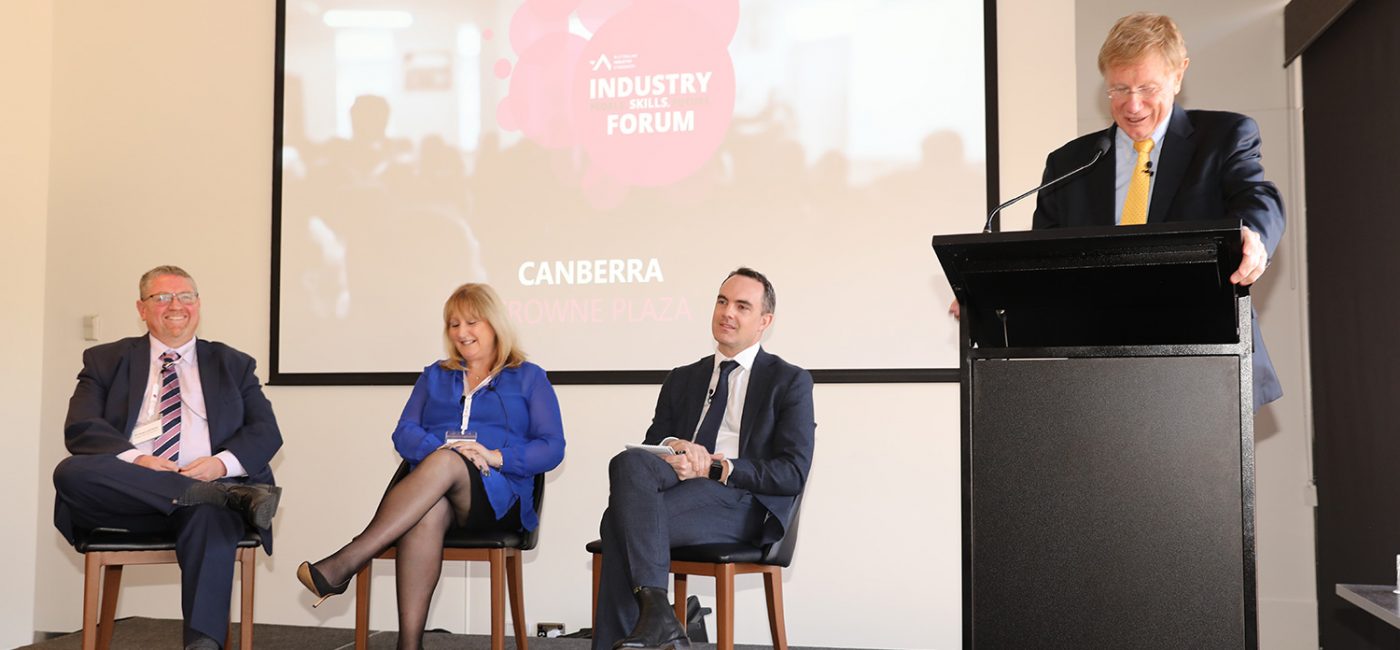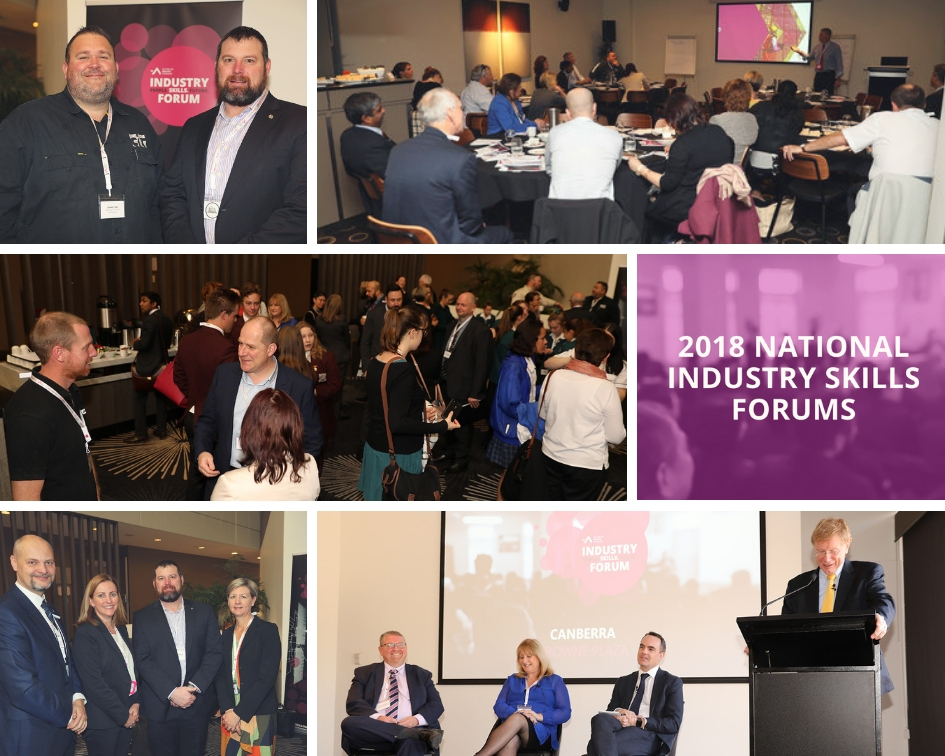
“Being on the precipice of the Fourth Industrial Revolution we are expecting technological change at unprecedented rates."
What will jobs of the future look like and what skills will be needed for them?
With technology advancing at a rapid rate, particularly in the digital sector, “future skilling” has become a hot topic amongst industry leaders.
This rapid growth since the 1990s has had, and continues to have, a huge impact on job requirements. The challenge for industry and business is to continue to maintain a high-quality workforce with a relevant set of skills.
To address this issue Australian Industry Standards (AIS)is hosting a series of Industry Skills Forums across the country during September – November 2018 focusing on “digital transformation” and "future skilling".
The forums aim to explore current and future skill needs across various industry sectors, including transport and logistics, maritime, energy, water and utilities, public safety, police, fire, defence and corrections.
The National Youth Science Forum’s (NYSF) CEO, Dr Damien Pearce, attended the Canberra event in September.
“Given the identified skills shortages in so many sectors, the NYSF recognises that it is important for our programs’ participants to make informed career and study choices that are not limited to attending university, and includes the diverse opportunities offered with vocational education and training (VET). Participation in this forum provided the opportunity to provide direct input into the discussions on skills and workplace priorities within industry,”Dr Pearce said.
“Specifically, the NYSF advocated for the importance of raising the profile of VET opportunities amongst students and the wider community, and the need for industries to focus on developing non-technical skills alongside of technical skills in a wholistic educational approach that sets up learners for success through a life time of learning and skills development. We also outlined the importance of well-defined pathways between qualifications, and VET and higher education.”
“Being on the precipice of the Fourth Industrial Revolution we are expecting technological change at unprecedented rates. This change is unmatched as the pace, scope and systems impact of breakthroughs is exponential, as opposed to linear, and includes the unrealised possibilities associated with emerging technologies such as artificial intelligence, autonomous vehicles, nanotechnology, biotechnology and energy storage, to name a few. We also know that modern education systems, with origins in a time when there were more jobs available straight out of secondary school, need now to prepare young people for a life time of learning which inherently includes workforce participation within occupations that are becoming ill defined as a result of technological advances. One projection from the World Bank has suggested that 40% of the jobs of today are unlikely to exist in a generation.”

Images supplied courtesy of National Industry Skills Forums
Dr Pearce has an extensive background in VET, and was able to contribute to the discussion on some of the technical aspects of the sector which included the structure of qualifications and units of competency within training packages.
There were two consecutive panel discussions - with audience involvement - about the future skilling in an age of digital transformation and the leadership required within industry to start thinking differently about jobs and careers.
Dr Pearce says that the NYSF is well placed to be involved in this space by promoting study and career opportunities within the VET sector to its stakeholder audiences, as it currently does for universities, and looks forward to continuing the conversation with stakeholders into the future.
For more information about the forums click HERE.